Kanna (Sceletium Tortuosum) – Cut Herb Thailand
Botanical name: Sceletium Tortuosum
Common name: Kanna
Plant part: Herb
Form: Powder
Country: Thailand
Beschreibung
More about Kanna (Sceletium Tortuosum)
Organically cultivated Kanna or Sceletium herb. The species was brought from South Africa and is now cultivated in Thailand by a South African farmer. This product is fermented. Approximate alkaloid content: 0.4-0.8%.
Tradicional use of Kanna
Native to South Africa, Kanna, or Sceletium tortuosum, is a succulent perennial. It produces flowers ranging from white to pale orange to pink. Its roots have been used for centuries by the indigenous people of the region as a medicinal and spiritual aid. Specifically, the Khoisan people use the root of Kanna to treat a variety of ailments, from headaches and muscle pain to depression and anxiety.
Made from the roots of the plant, which are dried and ground into a powder, Kanna has been used as a traditional medicine for hundreds of years. It is also known as Kougoed, meaning “something to chew.”
Sceletium tortuosum contains alkaloids — chemicals that have been associated with a number of health benefits, including anti-inflammatory effects and improved mood.
In modern times, Kanna has become popular among those seeking alternative treatments for mental illness. The plant recently is gaining popularity as an alternative treatment for depression. Some use the supplement to reduce pain and inflammation associated with arthritis, migraines, and other conditions.
The active ingredient in Kanna is mesembrine, which has been shown to bind to the same receptors in the brain that are affected by antidepressant medications.
Scientific studies
Several studies were done on its effectiveness as a treatment for depression and anxiety disorders. These studies have shown that the plant can be helpful in relieving symptoms of depression and anxiety, potentially without the side effects of over-the-counter medication. In addition to the positive neurochemical effects of Kanna, it may help with depression because of its ability to lower cytokine levels. Cytokines are molecules that cause inflammation, and high levels of these molecules can lead to depression. Sceletium tortuosum is shown to lower levels of inflammatory cytokines,. This could provide another possible explanation for its effectiveness in treating depression.
Sources
Reviews (0)
Only logged in customers who have purchased this product may leave a review.
Disclaimer
Related products
Herbs (Plants)
Sacred Plants – Kanna dry extract 50:1 – (Sceletium tortuosum) from South Africa, 2 grams

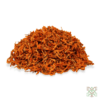
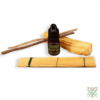
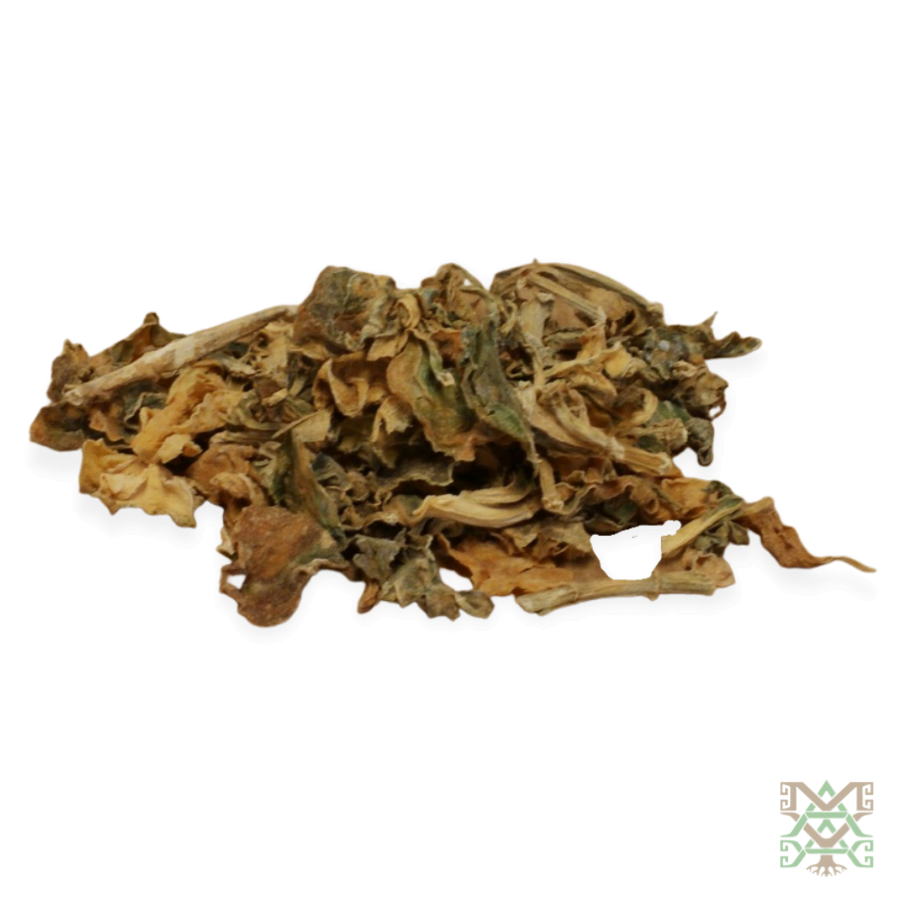
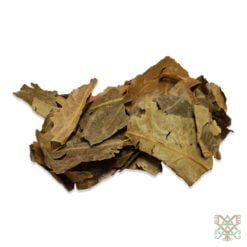
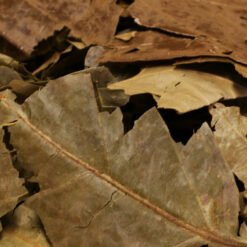
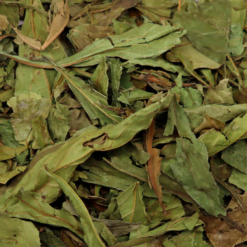
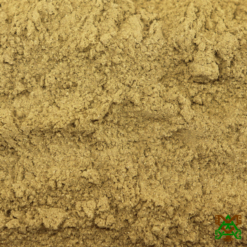
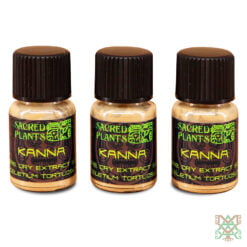
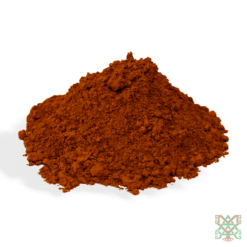
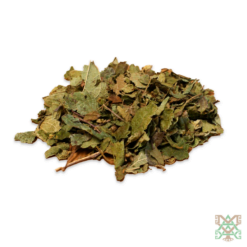
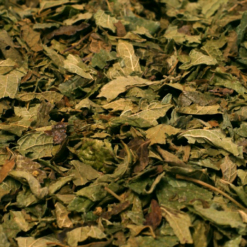
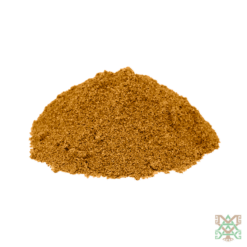
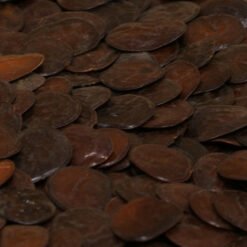
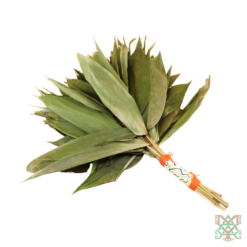
Reviews
There are no reviews yet.